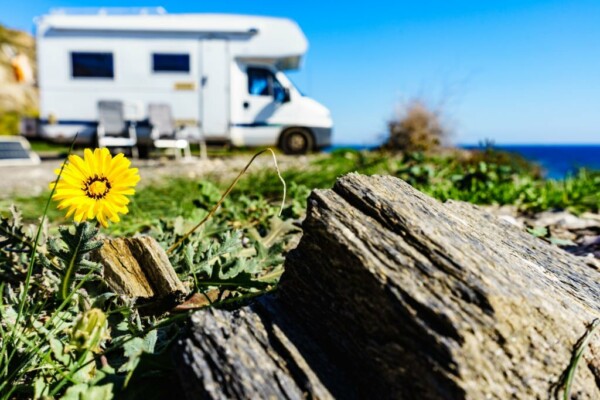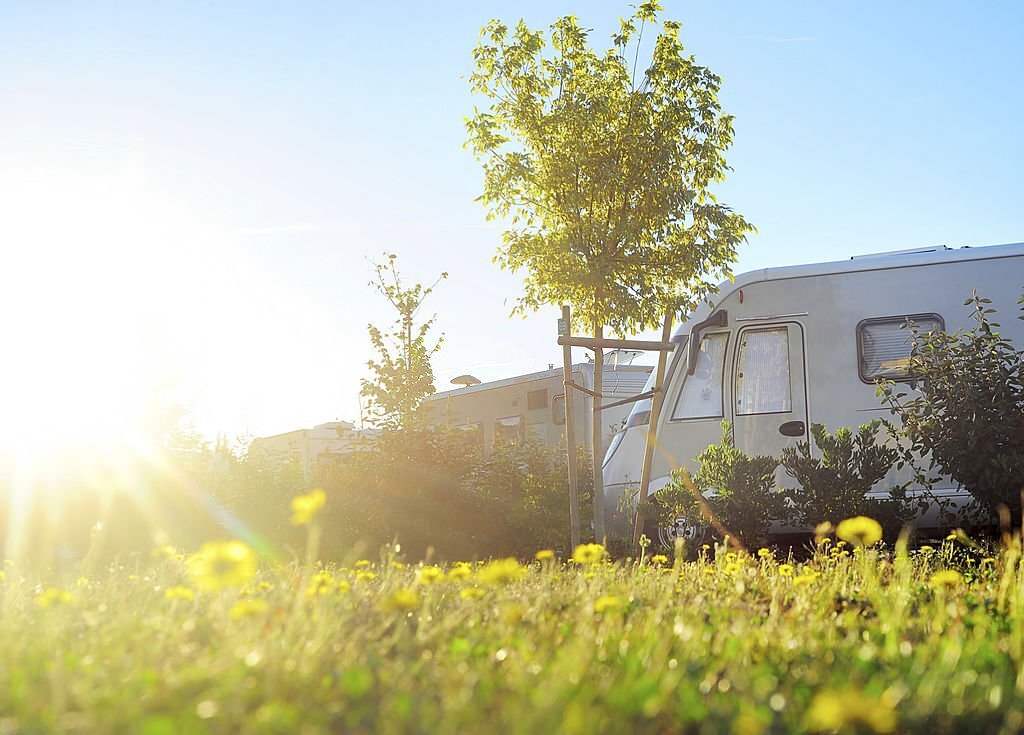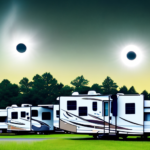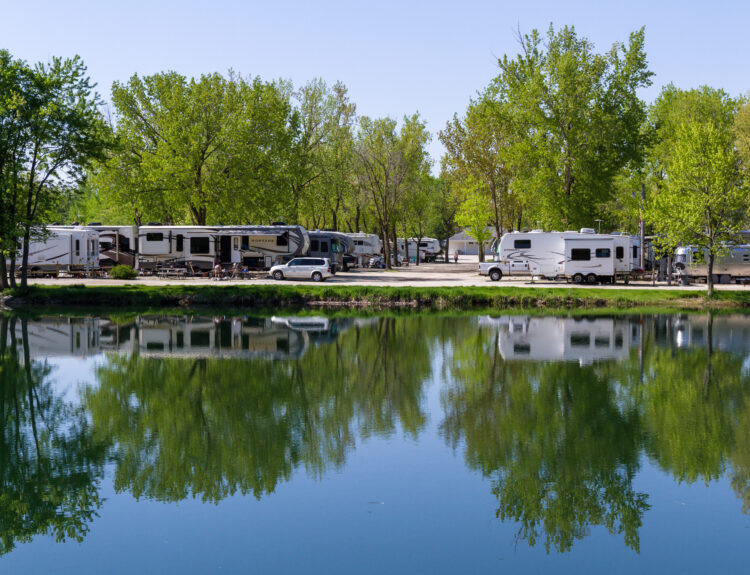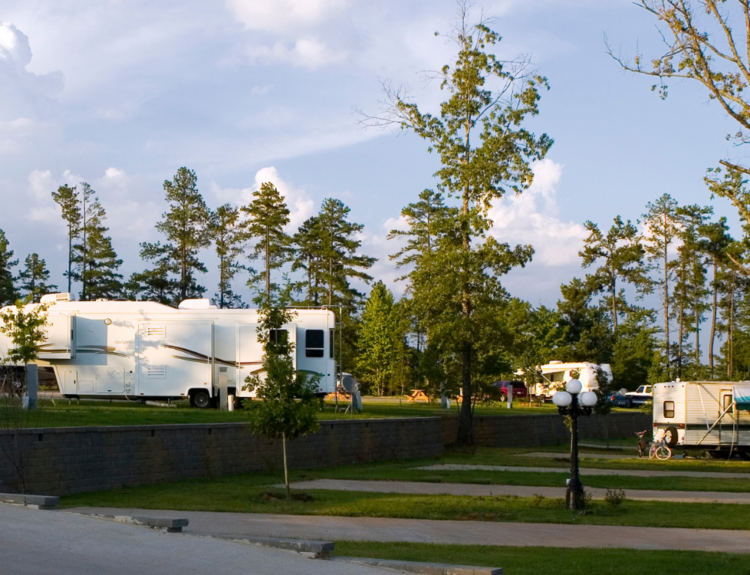The economic landscape is ever-changing, and recessions are an inevitable part of the business cycle that can cast a shadow of uncertainty on various industries. For entrepreneurs in the recreation and hospitality sector, these downturns often raise crucial questions about sustainability and growth.
If you’re a campground owner in North America, you may find yourself particularly concerned about how a recession could impact your business. Though fears of a recession slightly faded in the past few weeks, there is still a chance that a recession will hit the United States at some point in the second half of 2023 or early 2024. More likely, according to experts, we may be heading towards a soft landing.
But what about the campground industry specifically? Unlike high-end resorts or luxury cruises, campgrounds offer a different kind of experience that has its own unique market dynamics. Does this translate to recession-proof resilience?
Here, we’ll delve into the historical trends of campgrounds during past economic downturns, explore the factors that might make them more resilient to recessions, examine the challenges they may still face, and offer actionable tips on how to navigate your campground business through both calm and turbulent economic waters.
Why Campgrounds Do Well in Recession?
Let’s start by defining the concept more precisely. A recession is a period of economic downturn that affects a country’s economy. It is officially announced when a country’s GDP declines for two consecutive quarters or more. Among its negative effects are decreasing consumer spending, shrinking income levels, and reduced production.
Recessions are inevitable phases of the business cycle, which is the natural fluctuation of economic growth and decline that happens in a country’s economy. The main reason why experts say we shouldn’t panic about recessions is that, historically, they do not last long, at least in the United States.
Despite their negative effects, recessions can actually create opportunities for some sectors that can benefit from changing consumer behavior and preferences. The campground industry is in fact one of such sectors.
There are plenty of reasons why campgrounds usually do well in a recession:
- Increased demand for affordable travel options: During recessions, many consumers tend to cut back on their travel expenses and look for cheaper alternatives to hotels and resorts. Campgrounds can offer travelers a low-cost way to enjoy nature and outdoor activities while saving money on accommodation, transportation, and dining.
- Increased demand for flexible travel options: Many consumers face uncertainty and volatility in their income and employment status. Campgrounds can offer travelers a flexible way to plan their trips, as they do not require advance bookings or deposits, and allow them to change or cancel their reservations without penalties.
- Increased demand for remote work and schooling options: In recent years, campgrounds have offered travelers a remote work or schooling option that allows them to combine work or education with leisure and recreation.
But understanding how campgrounds fare during economic downturns requires a glance into history. This offers not only some level of assurance but also valuable insights that can be used for strategic planning.
Now, we will move on to analyze how the industry reacted to the two economic downturns experienced in the 21st century: the 2008 financial crisis and the COVID-19 pandemic.
The 2008 Financial Crisis
During the 2008 financial crisis, the economy took a nosedive, affecting nearly every industry. Tourism and travel saw a significant decline as disposable incomes shrank.
However, campgrounds experienced a different story. While they did see some reduction in visitor numbers, the decline was relatively less steep compared to luxury hotels and other high-end vacation options.
One reason was that campgrounds became seen as a cost-effective vacation alternative for families. The basic allure of nature and the great outdoors, combined with a more manageable expense account, made campgrounds a more resilient choice during this period.
The COVID-19 Pandemic
Fast-forward to the onset of the COVID-19 pandemic, a time when businesses across the board were thrown into chaos. Interestingly, campgrounds saw a surge in popularity once initial lockdowns were lifted.
With international travel curtailed and social distancing becoming the norm, the idea of camping became even more attractive. The relative isolation offered by campground settings, coupled with the natural environment, provided a much-needed escape for many.
The pandemic also brought about another trend—the rise of “workations.” As remote work became a norm, people began considering campgrounds as viable locations to both work and relax. Campground owners adapted quickly, offering Wi-Fi and other amenities to attract this new breed of camper.
Do Campgrounds Do Well in Recession? The Historical Outlook
The historical outlook shows a promising trend for campgrounds, even during tough economic times. In both the 2008 Financial Crisis and the COVID-19 pandemic, campgrounds showed a knack for resilience and adaptability.
While they weren’t completely immune to the challenges brought on by these recessions, they fared significantly better than other sectors in the hospitality and travel industries. Understanding these trends doesn’t just offer a sigh of relief; it serves as a playbook for what campground owners might consider in preparing for future economic uncertainties.
Even in the face of an economic downturn, campground owners have several strategies at their disposal to ensure they not only survive but thrive. Here are some actionable steps to consider:
- Incorporate value-added services, such as offering themed weekend events, guided nature walks, or renting out equipment like kayaks and bicycles.
- Harness the power of digital marketing. Enhance your online presence, gather reviews, and utilize social media to showcase your campground’s unique offerings.
- Examine your operational costs. Consider bulk purchasing, optimizing energy consumption, or even exploring partnerships with local businesses to create mutually beneficial deals.
To help build a powerful online presence that showcases RV park’s unique features and benefits, we created Roverpass Premium Website Builder, a solution that creates outstanding and professional websites with the help of a skilled and experienced team. We design and develop websites that reflect each park’s style and personality.
A premium website also gives RV parks more control over their operations. By connecting the website with our campground reservation software, owners can easily manage availability, rates, and bookings, process online payments, send automatic confirmations and reminders, and sync their calendar with other platforms.
By implementing these strategies, campground owners can better navigate the challenges of a recession, ensuring a robust and thriving business.
To learn more about how to grow your RV park business, keep reading our blog!

